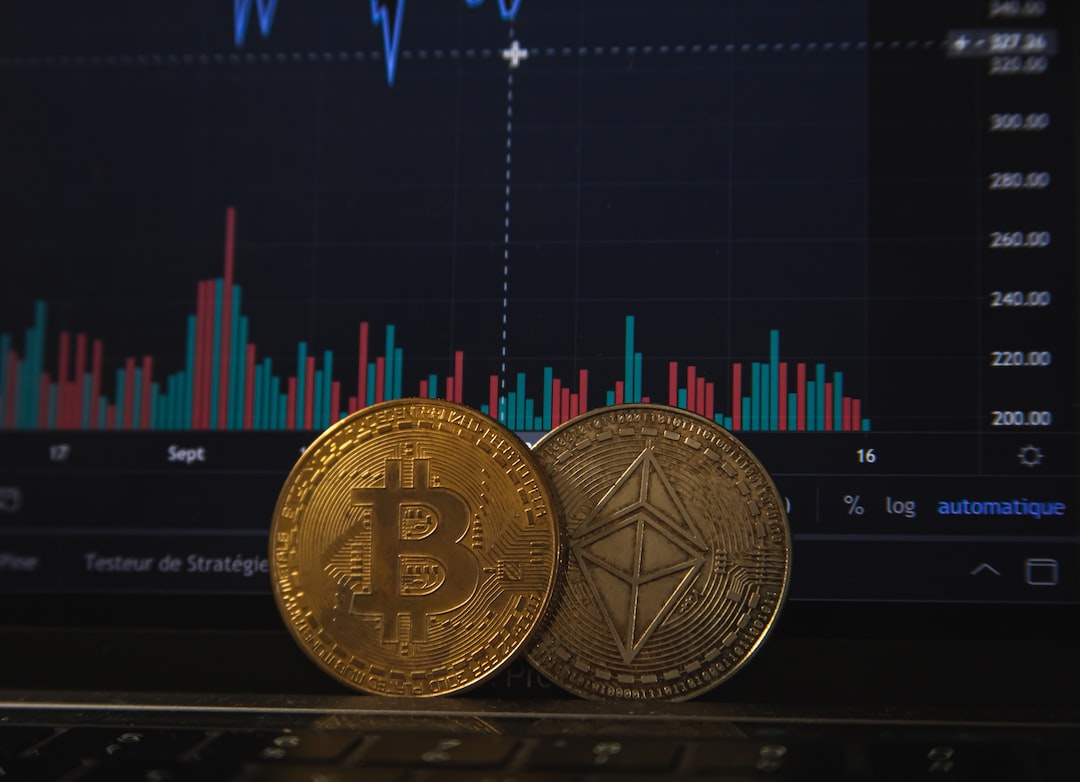The Impact on the Ethereum Virtual Machine (EVM) Ecosystem
The recent attack on Ledger’s connector library is not only affecting Ledger and MetaMask, but it may also have a broader impact on the Ethereum Virtual Machine (EVM) ecosystem. According to the Linea team, a zero-knowledge rollup by Consensys, this vulnerability could potentially affect multiple DApps across the entire EVM ecosystem.
The Targeting of Ledger’s Connector Library
The hacker specifically targeted Ledger’s connector library, which serves as a communication bridge between Ledger hardware wallets and various decentralized applications. This means that if compromised, the library could potentially affect many EVM users and transactions.
Compromise Originated from a Phished Former Employee
The attack was initiated when a former Ledger employee fell victim to a phishing attack, resulting in their NPMJS account being compromised. The attacker then published a malicious version of the Ledger Connect Kit, using a rogue WalletConnect project to redirect funds to their own wallet.
Response and Recommendations from Ledger
Ledger detected the issue and released a fix within 40 minutes. However, they are advising users to wait 24 hours before using the Ledger Connect Kit again as an extra precautionary measure. This delay will allow time for any potential residual effects of the attack to be addressed.
Assessing the Damage
While blockchain analytics platform Lookonchain estimated that assets worth approximately $484,000 were stolen by the hacker, Ledger acknowledges that the impact of this security breach could be even more significant.
Hot Take: The Urgency of Addressing Vulnerabilities in the Crypto Space
The recent security incident involving Ledger’s connector library highlights the urgent need for robust security measures in the crypto space. With the potential to impact the entire EVM ecosystem, this attack serves as a reminder that vulnerabilities can have far-reaching consequences. It is crucial for companies and users alike to remain vigilant, regularly update their security protocols, and exercise caution when interacting with DApps and other crypto-related services. Only by taking proactive steps to address vulnerabilities can we ensure the safety and integrity of the crypto community.





 By
By
 By
By

 By
By
 By
By
 By
By